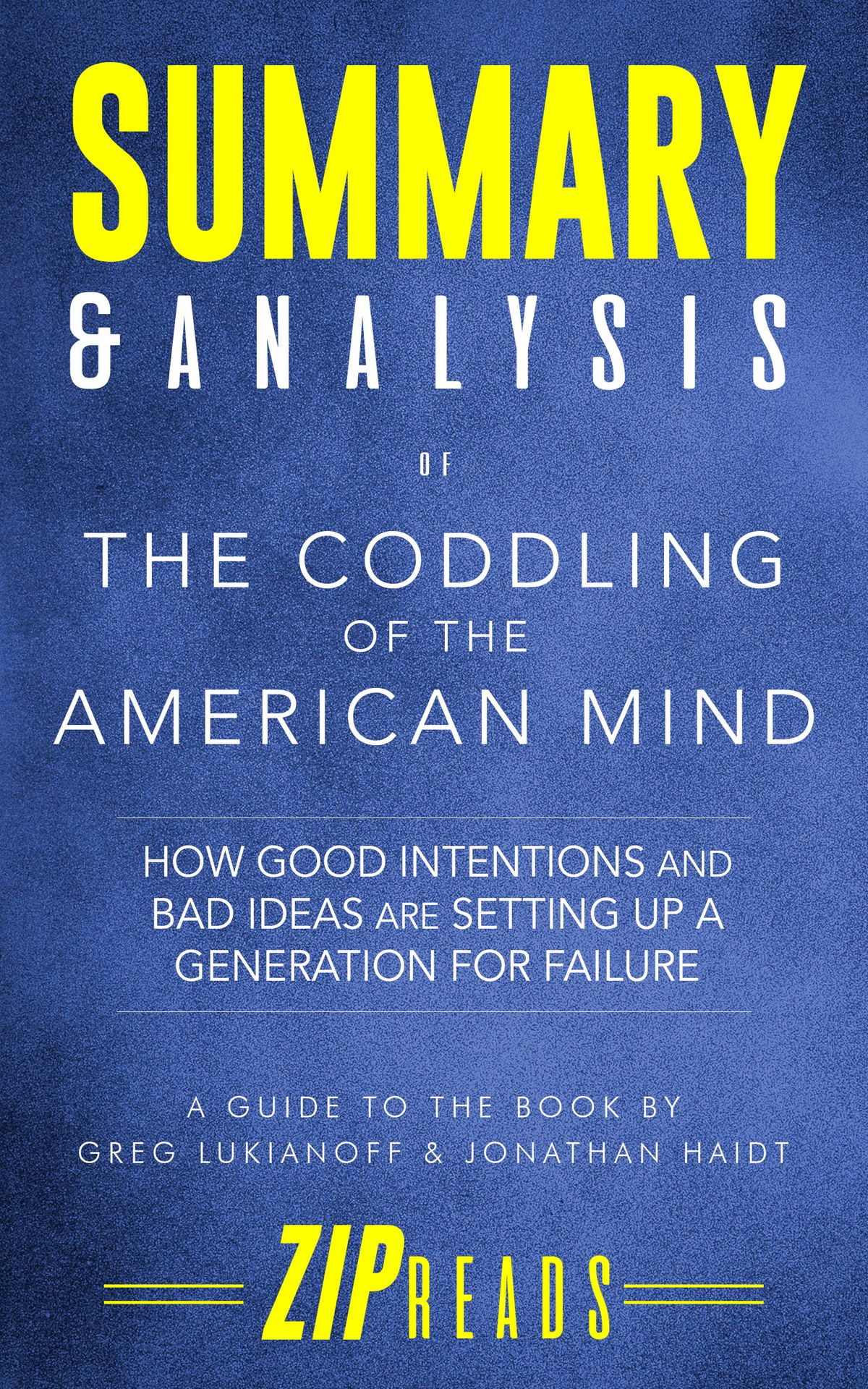


Microaggressions are small actions or word choices that seem on their face to have no malicious intent but that are thought of as a kind of violence nonetheless. Two terms have risen quickly from obscurity into common campus parlance. Listen to the audio version of this article: Feature stories, read aloud: download the Audm app for your iPhone. Jerry Seinfeld and Bill Maher have publicly condemned the oversensitivity of college students, saying too many of them can’t take a joke. A number of popular comedians, including Chris Rock, have stopped performing on college campuses (see Caitlin Flanagan’s article in this month’s issue). “I’m a Liberal Professor, and My Liberal Students Terrify Me,” the headline said. In June, a professor protecting himself with a pseudonym wrote an essay for Vox describing how gingerly he now has to teach. In February, Laura Kipnis, a professor at Northwestern University, wrote an essay in The Chronicle of Higher Education describing a new campus politics of sexual paranoia-and was then subjected to a long investigation after students who were offended by the article and by a tweet she’d sent filed Title IX complaints against her. Last December, Jeannie Suk wrote in an online article for The New Yorker about law students asking her fellow professors at Harvard not to teach rape law-or, in one case, even use the word violate (as in “that violates the law”) lest it cause students distress.

A movement is arising, undirected and driven largely by students, to scrub campuses clean of words, ideas, and subjects that might cause discomfort or give offense. Something strange is happening at America’s colleges and universities.


 0 kommentar(er)
0 kommentar(er)
